Manjula (not her real name) was deeply surprised when she was diagnosed with stage 3 stomach cancer at the age of 52. She was healthy and had no other ailments. And when her medical team in South India addressed her stomach pain and difficulty in urination, nobody knew that she was deeply worried about how the forthcoming surgery would scar her and affect her mobility.
Then she refused to undergo surgery, agreeing only to chemotherapy. Fortunately, she was referred to a psycho-oncologist. Only then could she express her fears openly and receive reassurance by the therapist. She received more information about her prognosis and supportive therapy, and agreed to the operation.
Manjula’s improved outcome prospects can be credited to the psycho-oncology course taught by the Cancer Institute (WIA) in Chennai, with the help of an Indian knowledge-sharing non-profit organisation called ECHO India.
“In two years we have trained 80 professionals. Before the psycho-oncology TeleEcho course, it took us a decade to produce 40”
Psycho-oncology is still in its infancy in India, with only around 100 professionals trained in the field. Given that over 1.3 million cases of cancer are diagnosed every year, the need for professionals who can understand their psychological, financial and social needs is significant. The Cancer Institute (WIA) is one of the few institutes in India that not only has a psycho-oncology department but also trains others, with the help of the online course ‘TeleEcho’.
“In the two years since we started the psycho-oncology TeleEcho course, we have trained 80 professionals,” Surendran Veeraiah, Professor and Head of Psycho-oncology at Cancer Institute (WIA), told Cancerworld. “Before that, it took us a decade to produce 40 professionals.”
A global programme devised for a US setting
ECHO India is an Indian non-profit that works on the principles of Project ECHO, founded by US-based hepatologist Sanjeev Arora. Arora was frustrated that the majority of hepatitis C cases in his state of New Mexico remained untreated because of the paucity of specialists. To treat as many patients as possible in the most under-served areas, he created a case-based learning model to mentor and enhance the capacities of local healthcare providers. It was called the ECHO (Extension for Community Healthcare Outcomes) model.
Programmes using this model are now being implemented by nearly 400 partners in 38 countries in areas including maternal and childcare, tuberculosis, HIV infection, Covid-19, mental health, palliative care, cancer and others.
According to Kumud Rai, Chairman of ECHO India, ECHO works by amplifying the knowledge of specialists to a community of learners using telementoring or teleconferencing, sharing best practices, using case-based learning and monitoring outcomes.
Participants engage with patients and face new problems which they discuss with each other and the trainers
A typical ECHO programme is run by a group of specialists (hubs), with about 30–40 participants (spokes). Sessions generally last for one hour, with didactics, a question and answer session, and two case studies presentations by the spokes. The technology required is a video platform such as Zoom, with basic 3G or 4G connection and an internet speed of 3–6 MBps. The ECHO team works with partners in developing a curriculum and helps train the master trainers. They also conduct pre-and post-training assessments to understand the impact of the course.
“The ECHO model allows experts to interact with learners in a collaborative, longitudinal manner,” Sanjeev Arora told Cancerworld. “We call this idea low-dose high-frequency training.” Participants engage with patients and face new problems which they discuss with each other and the trainers. Solutions are therefore adapted to local settings and policies and fed back to the system.
Improving access to best cancer care
According to Arora, the ECHO model is a way of democratising knowledge so that even those in remote locations or rural areas have access to the best cancer care.
In India, it has been used in programmes training gynaecologists, nurses, dental surgeons and medical officers in cervical cancer and oral cancer screening through programmes run by the National Institute for Cancer Prevention and Research (NICPR). These have trained over 1500 medical professionals to date. ECHO is also used in the running of tumour boards at Tata Memorial Hospital, Mumbai, where specialists present complex cases and learn from one another. It is also used by Pallium India to enable medical professionals to incorporate palliative care into their practice.
It has allowed them to spread their knowledge beyond national boundaries to Nepal, Bangladesh, Sri Lanka and elsewhere
At the Cancer Institute (WIA), ECHO has helped provide social workers, psychologists, nurses and doctors living in remote areas with skills that can help cancer patients deal with a cancer diagnosis and associated psychosocial concerns. It has allowed them to spread their knowledge beyond national boundaries to participants from Nepal, Bangladesh, Sri Lanka and elsewhere.
Global reach
Today, ECHO cancer programmes reach learners in 121 countries, with 30 countries having ECHO cancer hubs. One of them is in Indonesia, where the fragmentation of cancer care between many local hospitals makes it difficult to monitor care quality and update the knowledge of providers.
“ECHO offers a model that is very structured, recorded and evaluated at each stage, so we can be sure that the provided curriculum method is really useful and relevant for [our cancer centre] and Indonesia,” says R Soeko Werdi Nindito D, Director of the Dharmais Cancer Hospital in Jakarta. The programme started with a course on breast cancer guidelines and then courses were held on early detection and referral of breast cancer and paediatric cancer. To date, more than 300 participants have been connected in 15–20 hospitals across Indonesia.
Arora points out that ECHO has the potential to reduce costs and hardship to patients while making quality care available near them. It can help increase knowledge about areas that receive less attention, like managing side effects, survivorship and palliative care. And it helps healthcare workers implement low-cost interventions that can save thousands of lives each year.
“In many low and middle-income countries like India the missing ingredient is not medicine or resources but knowledge, and my mission is to fill that gap,” he says.
Image credits: Lynn’s Lens Photography (thanks to Project ECHO®)

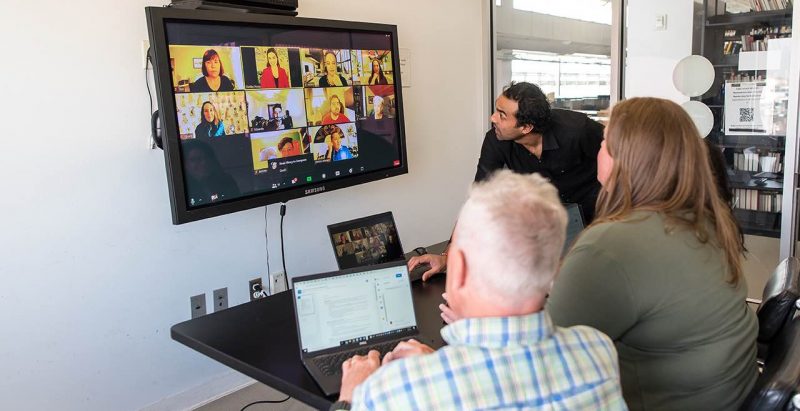
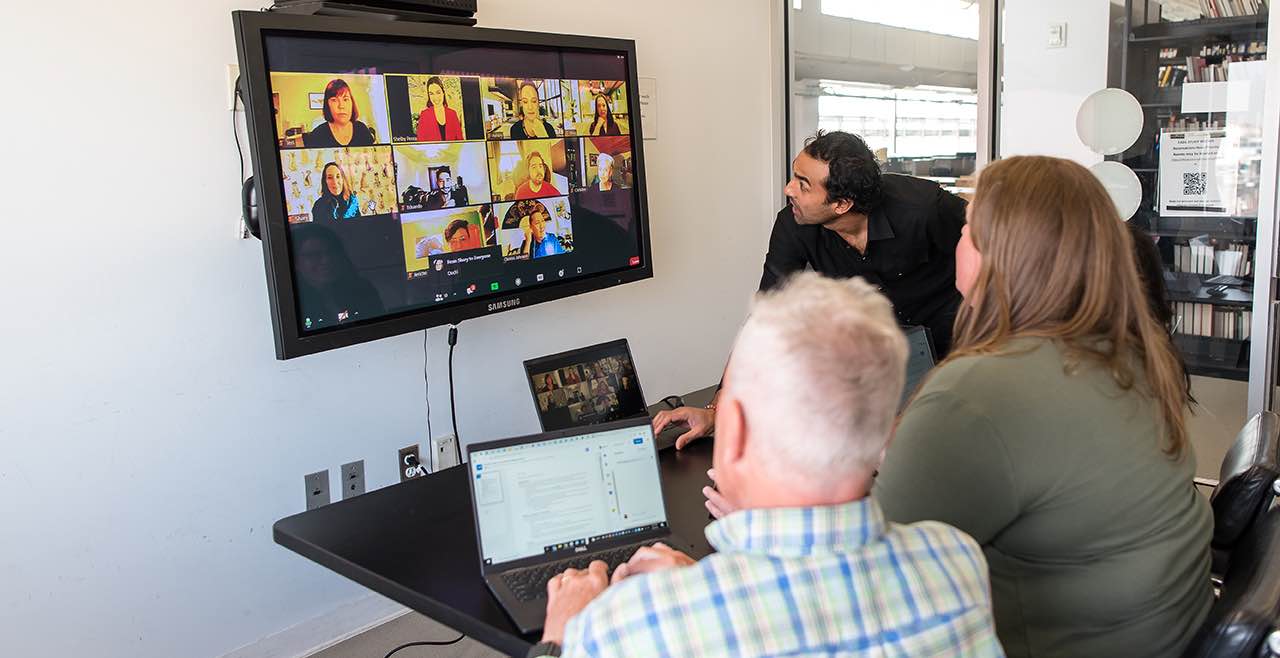
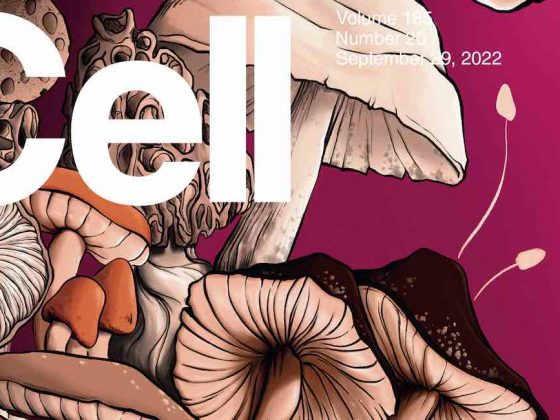
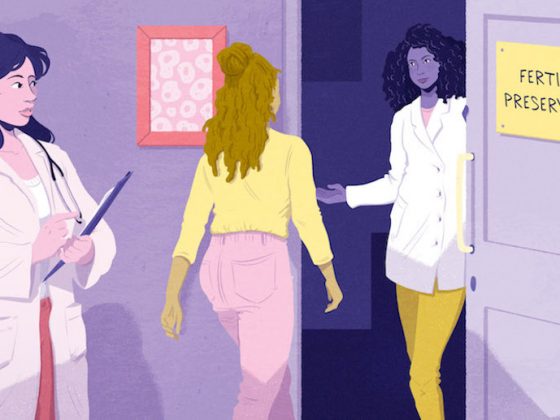



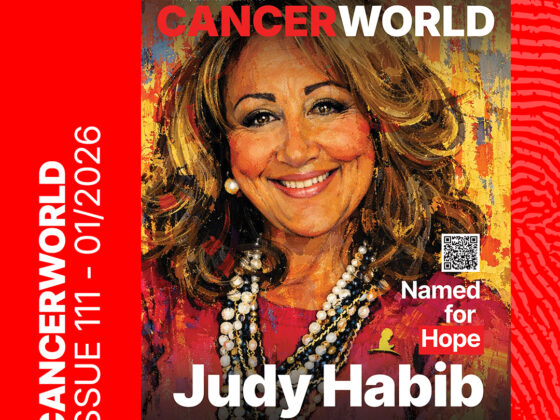


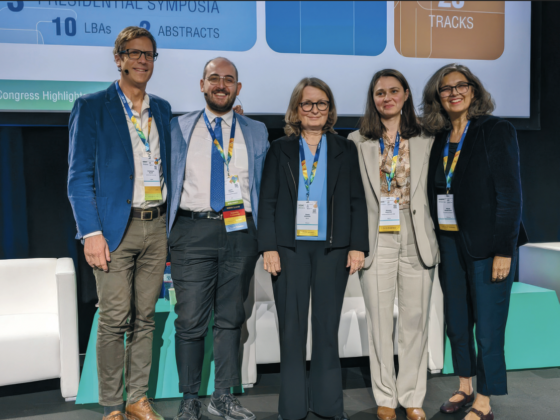

1 comment
inspiring
Comments are closed.